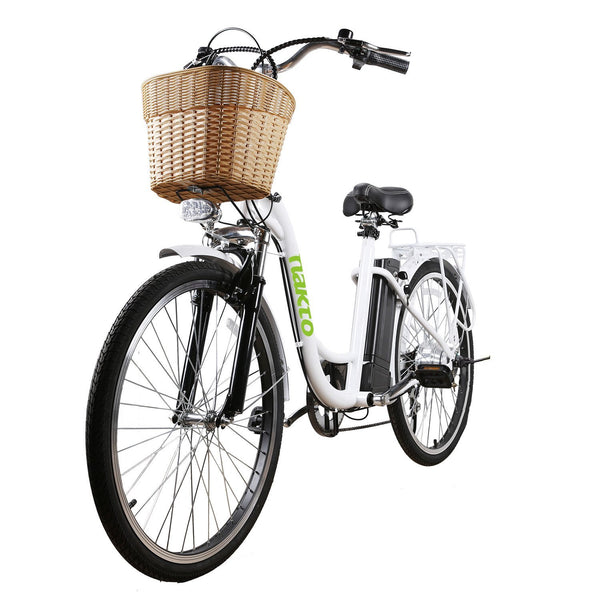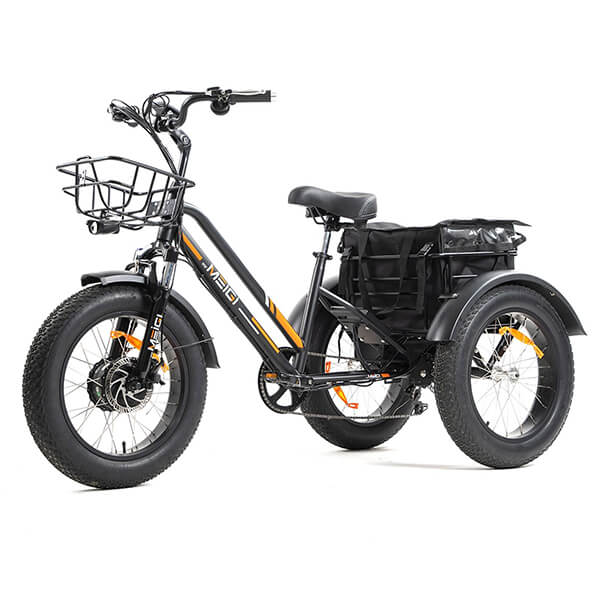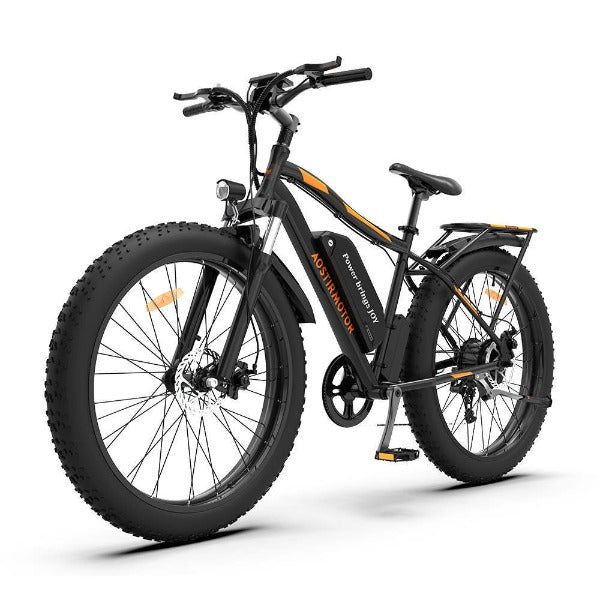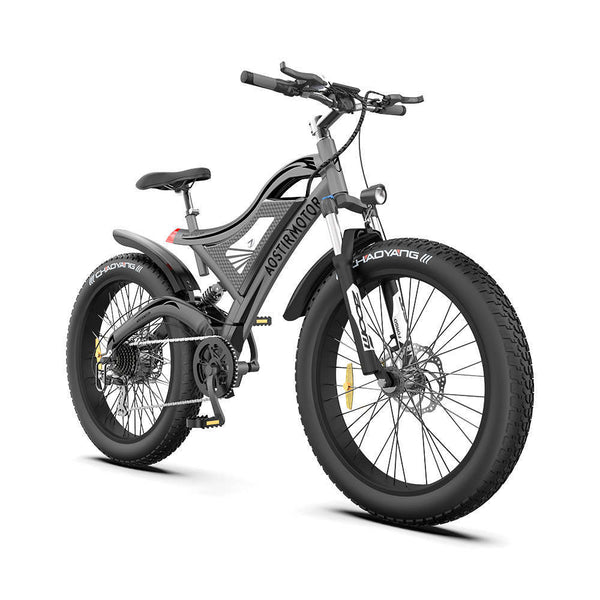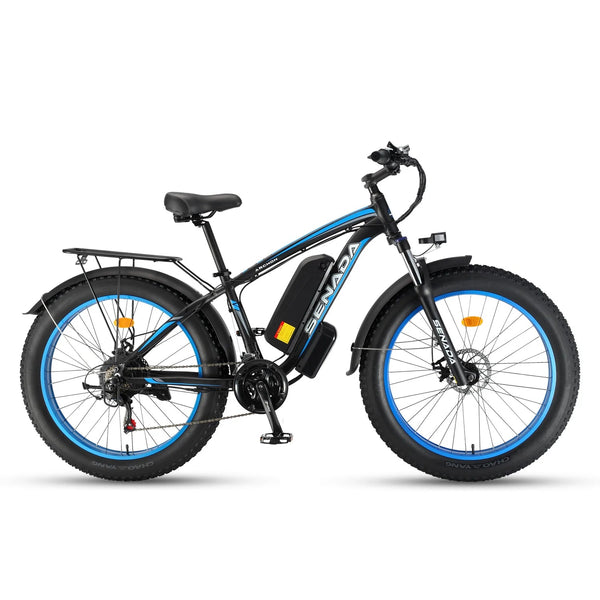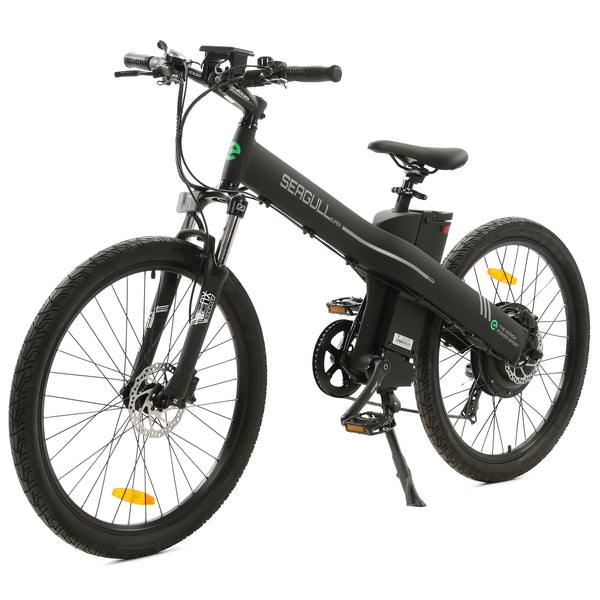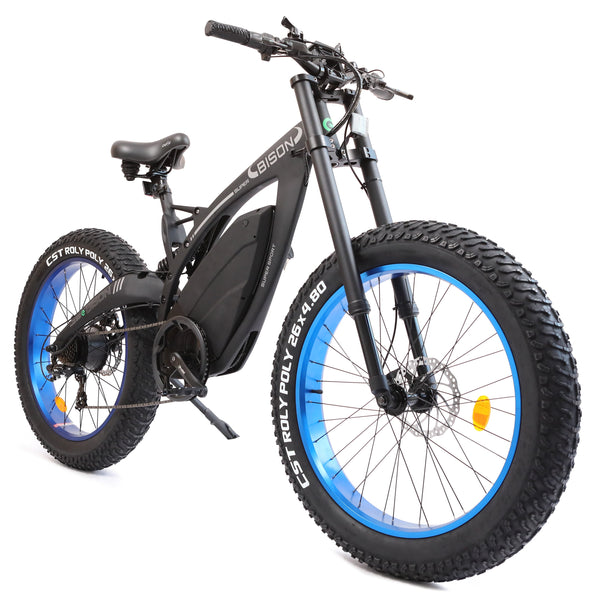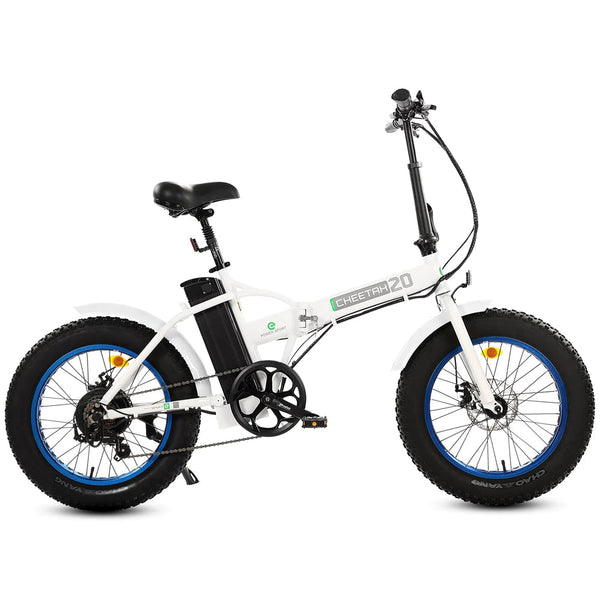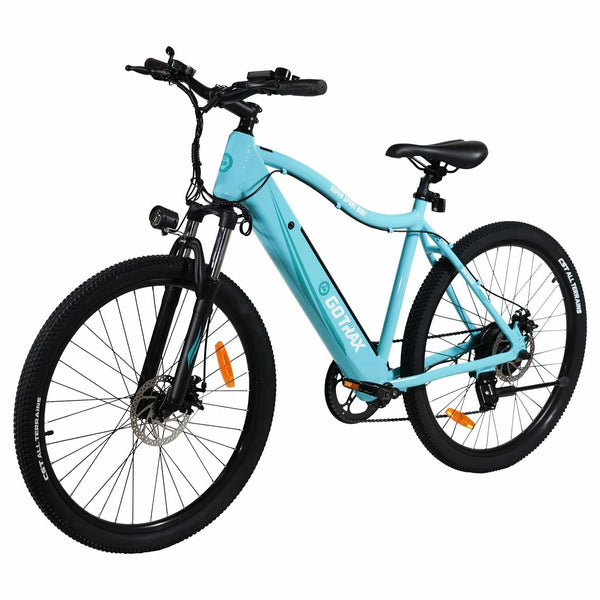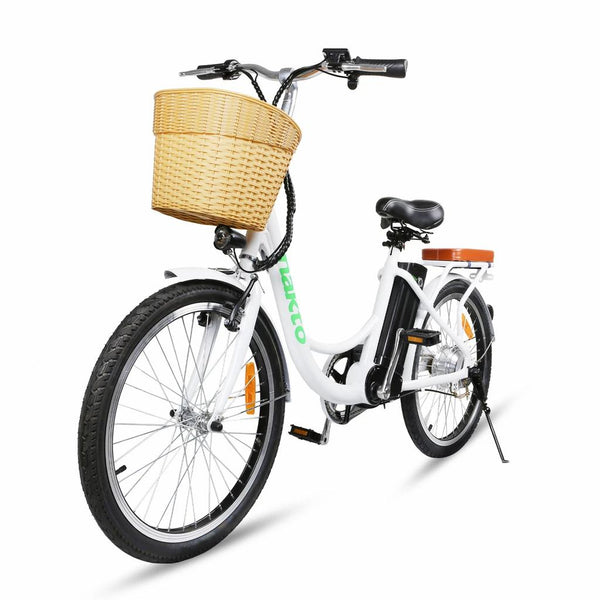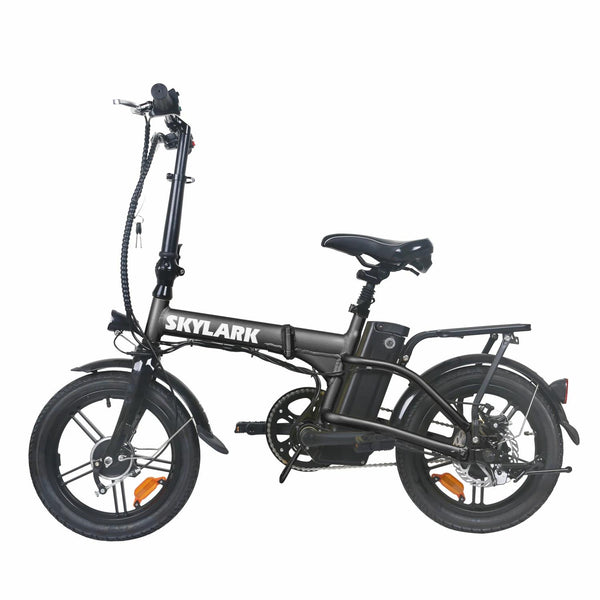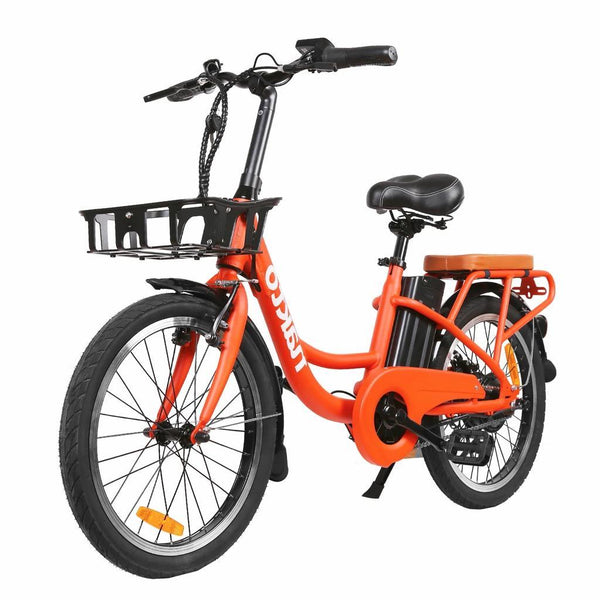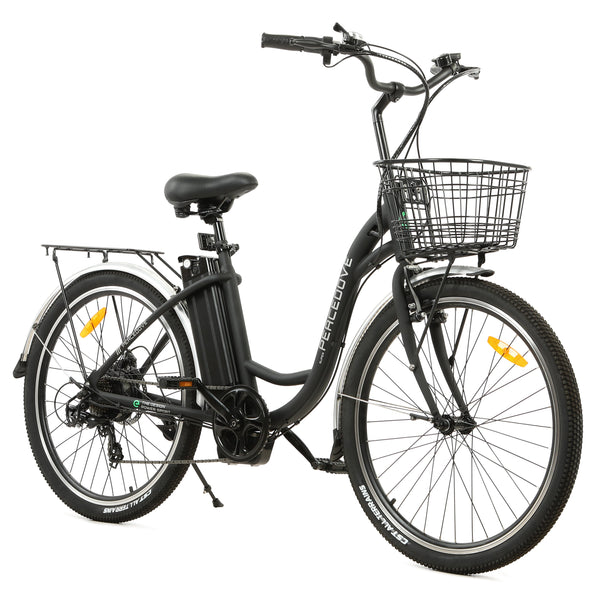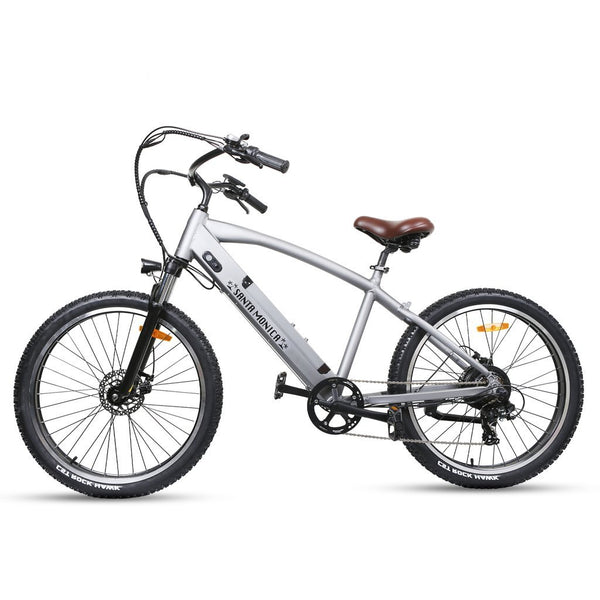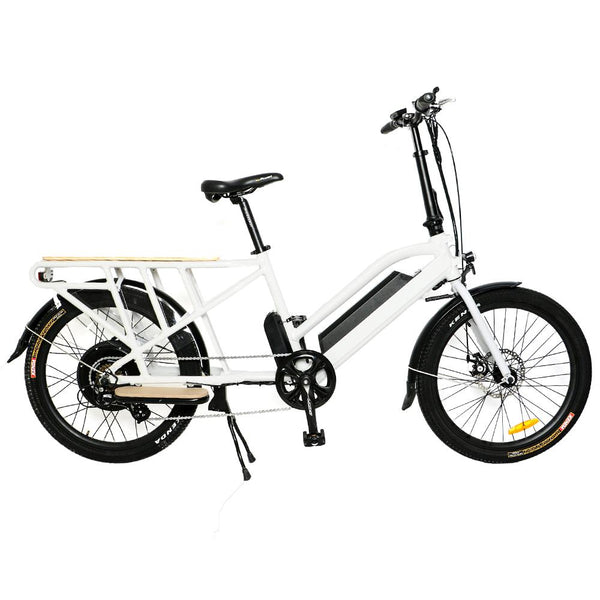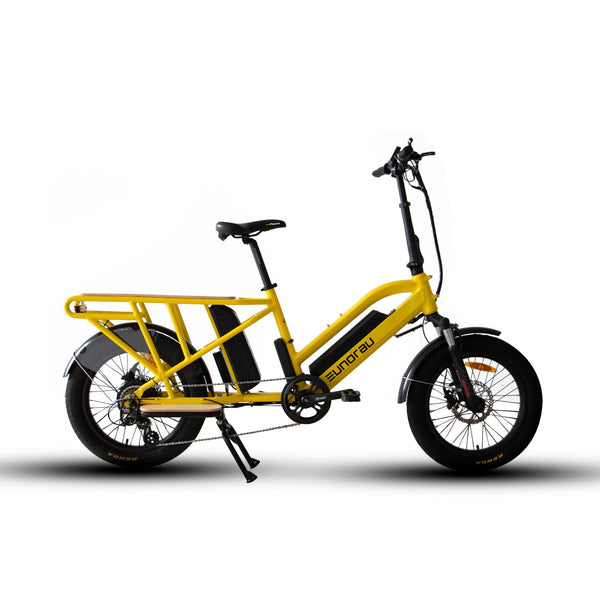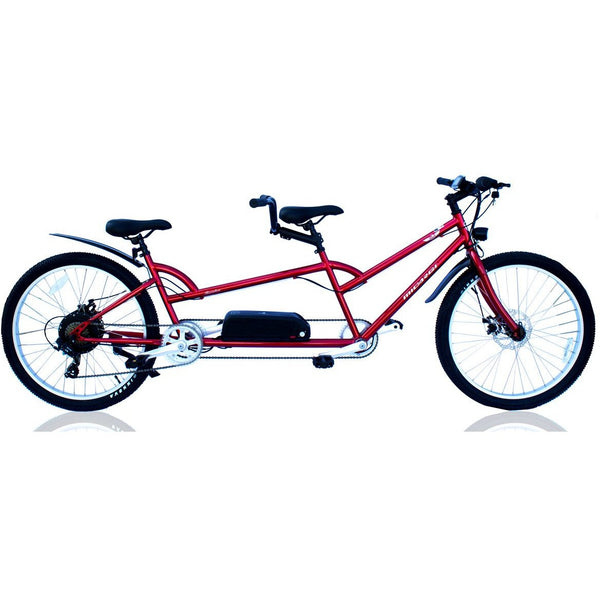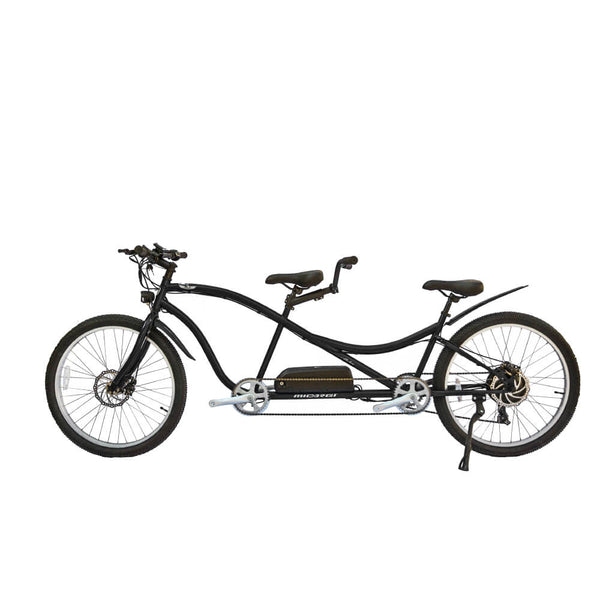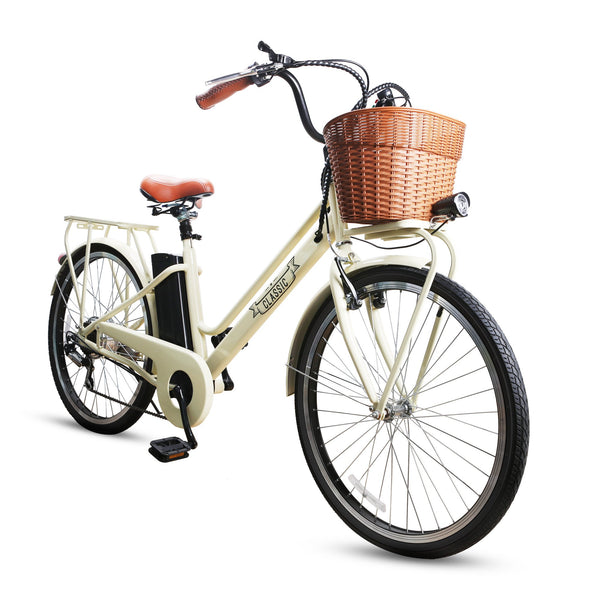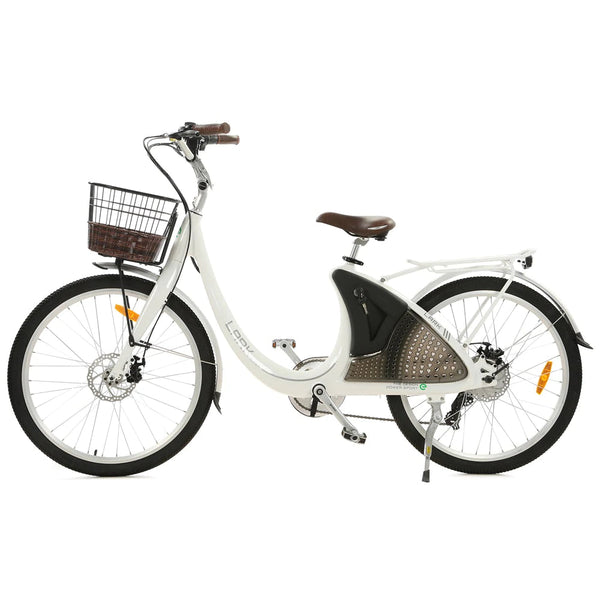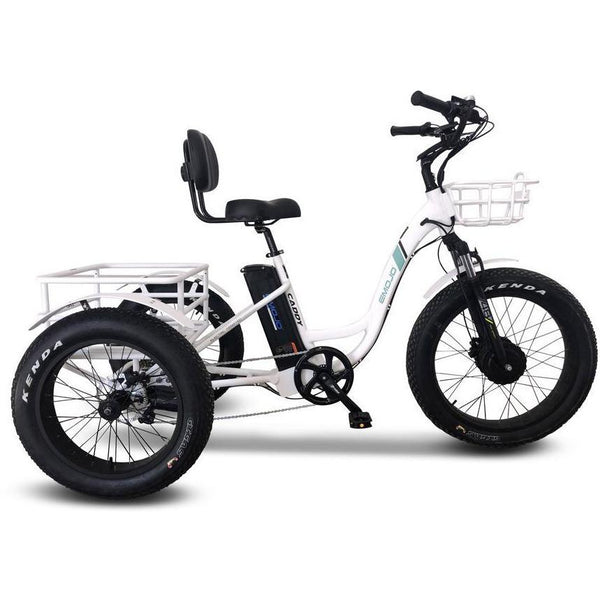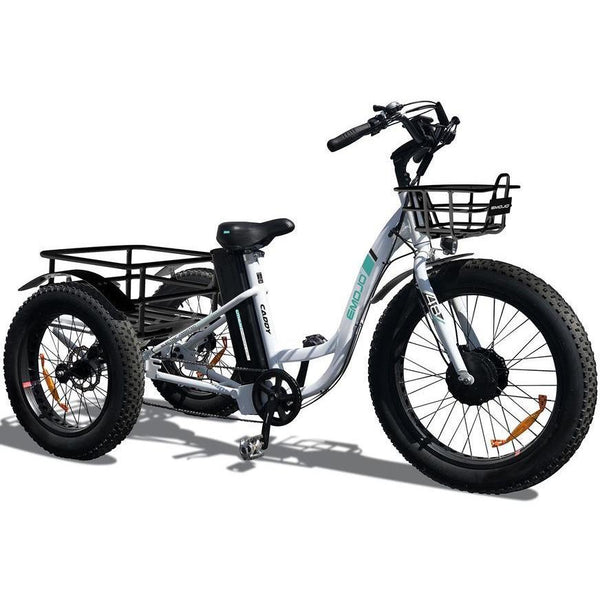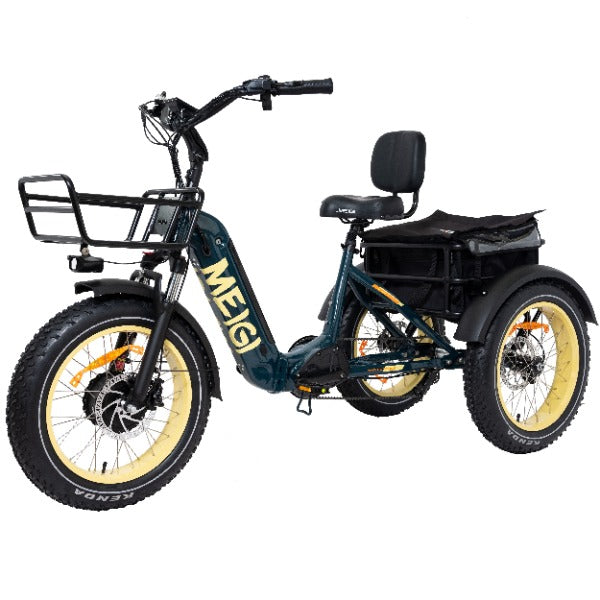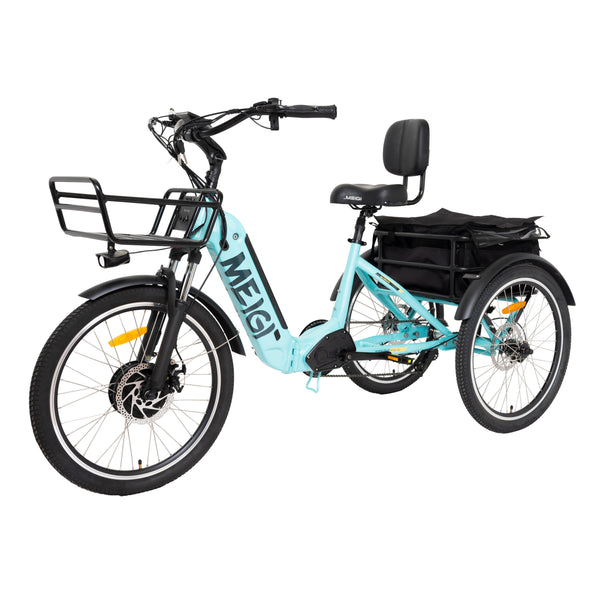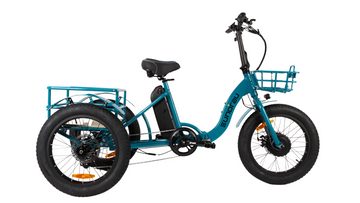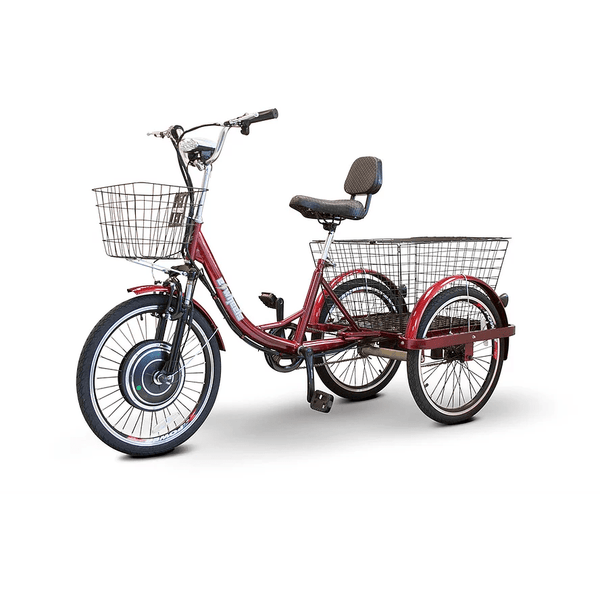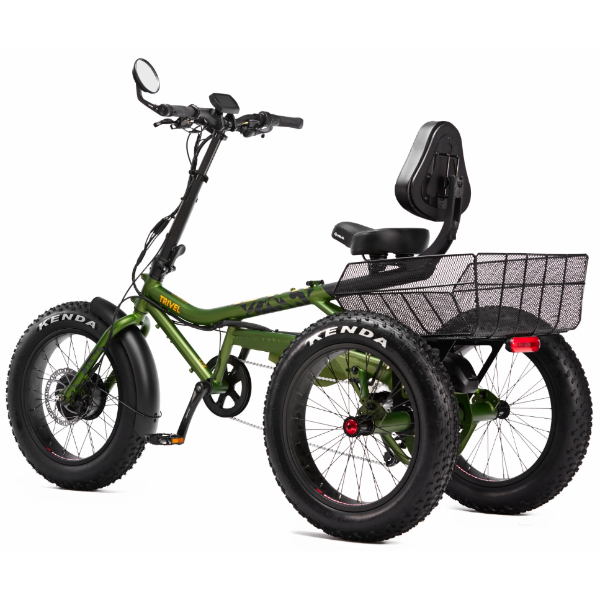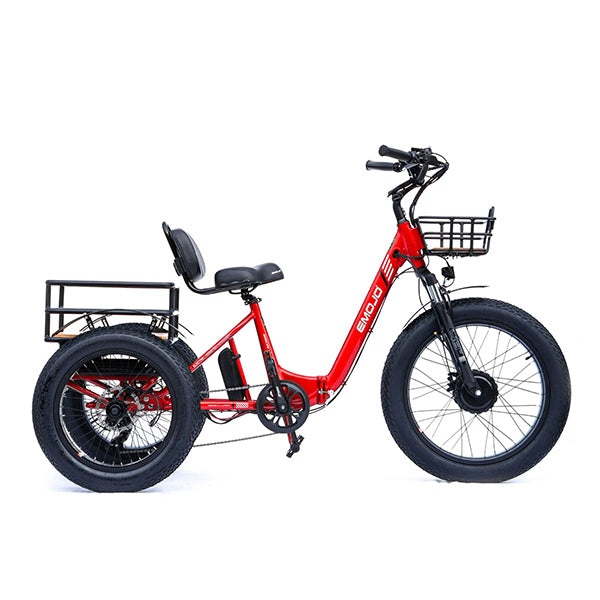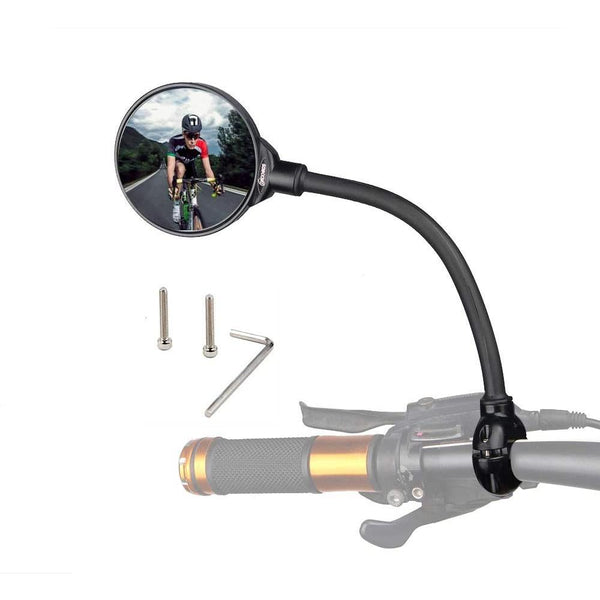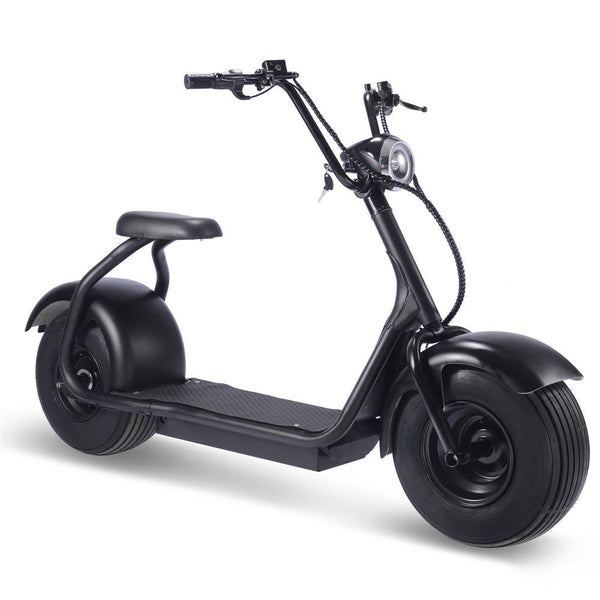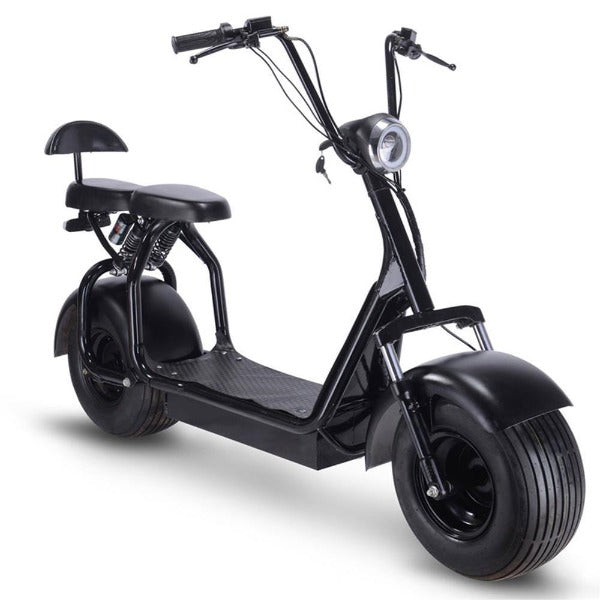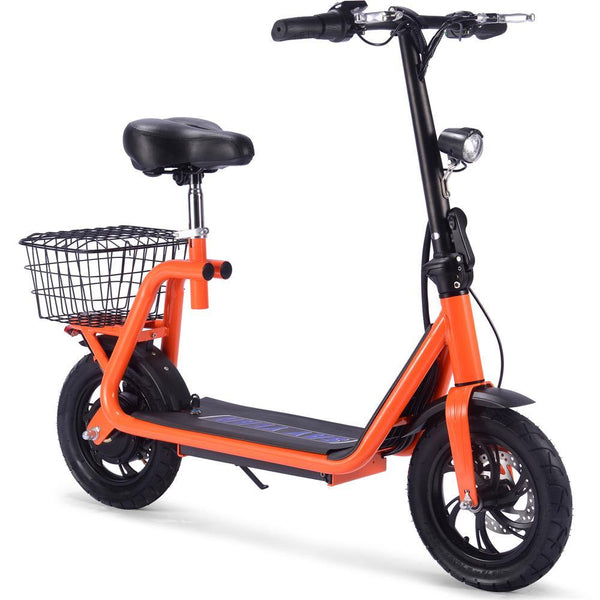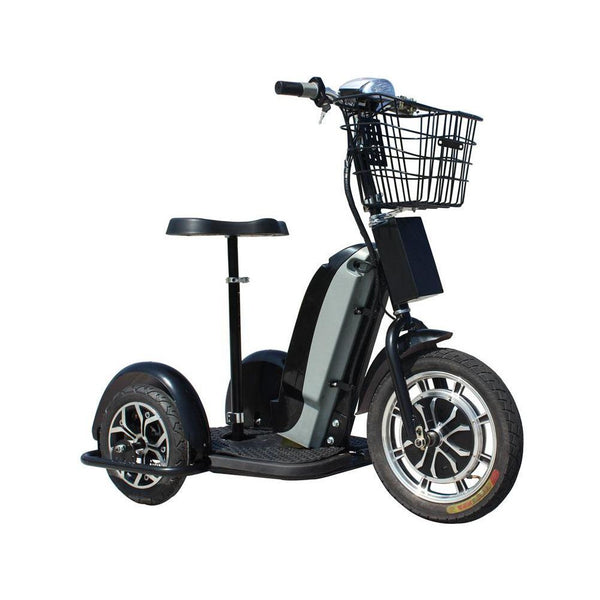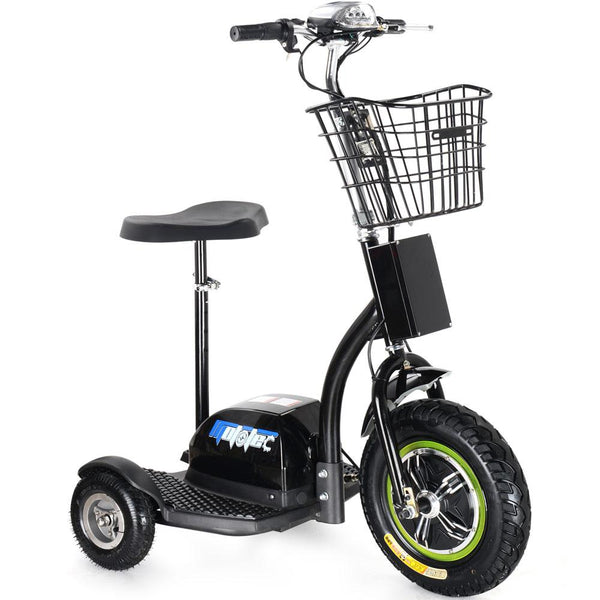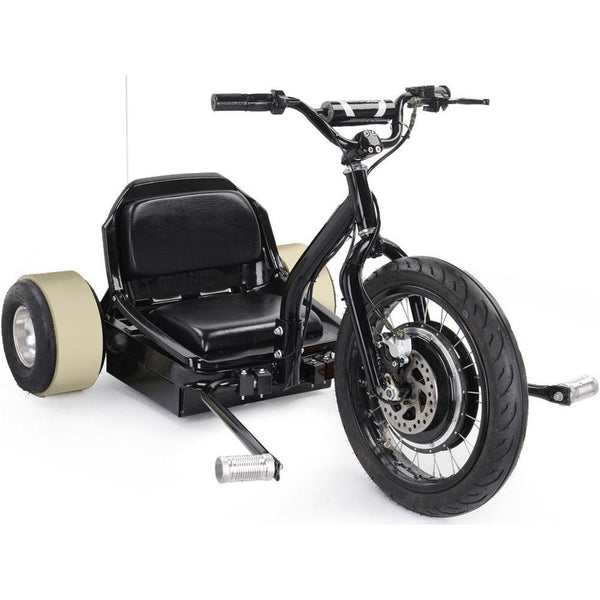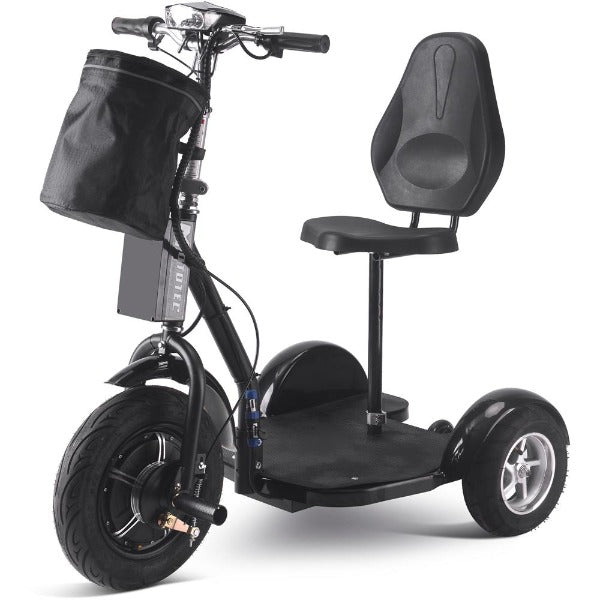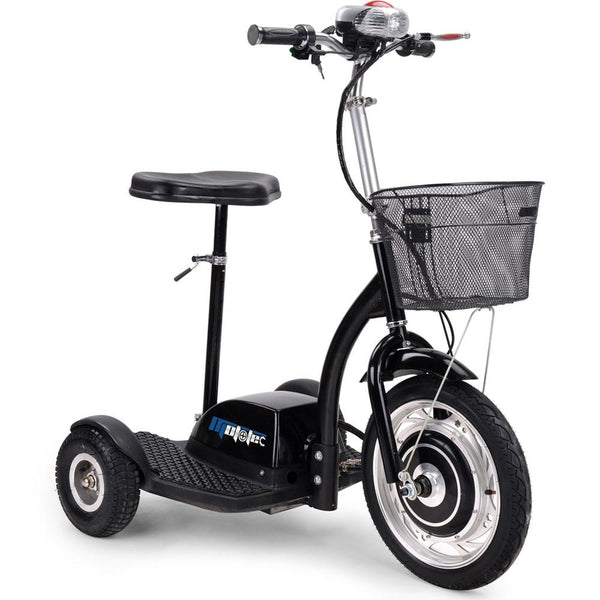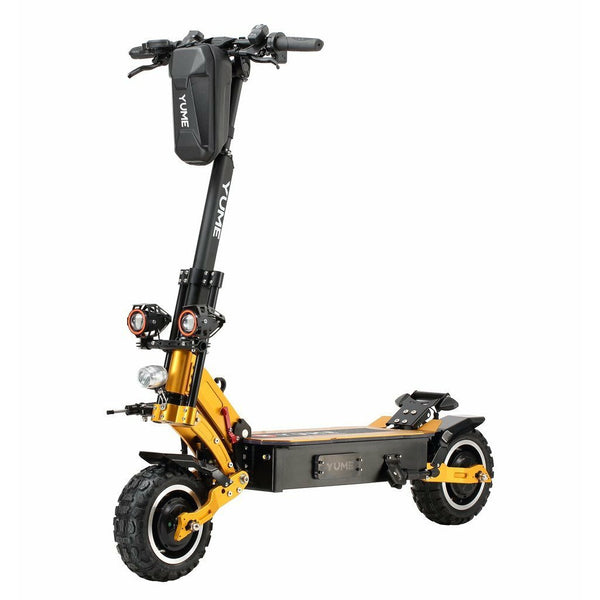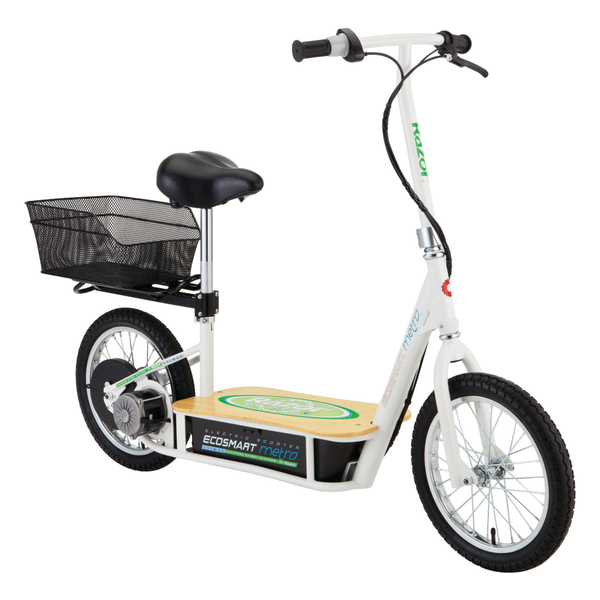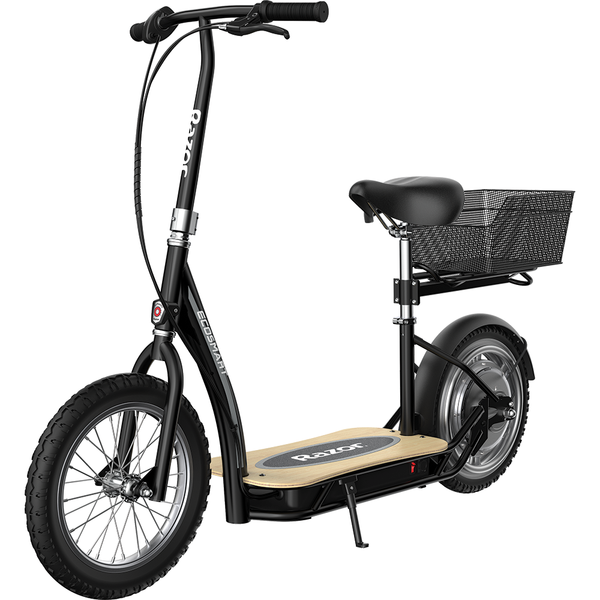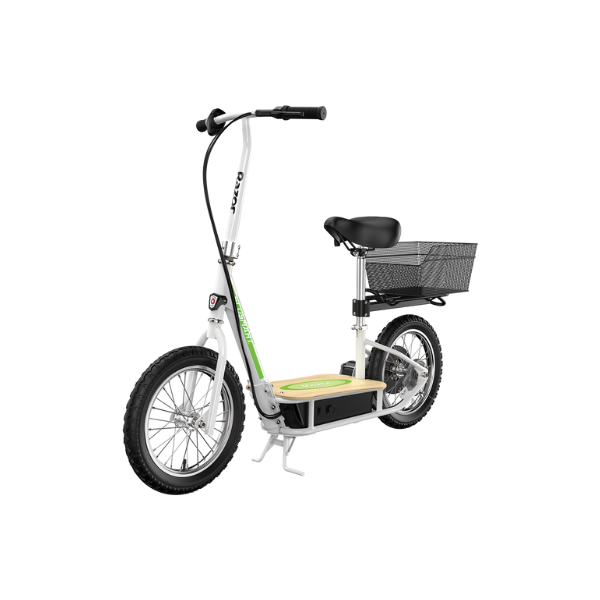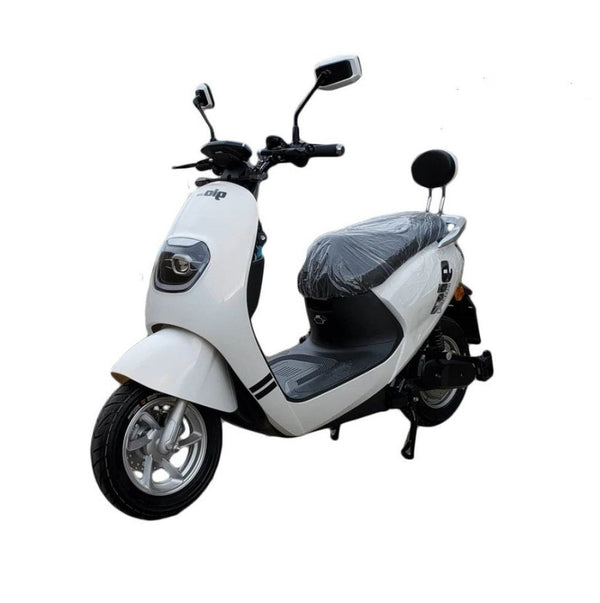Take note of these tips for your next trip!
Travelling already has its challenges before. It requires a lot of money, time, and planning. And with the pandemic, traveling has become even more demanding.
Luckily, research studies and government policies have helped improve the global pandemic status. With the improving global pandemic status, leisure travels and tourism are also slowly opening. But just because traveling is becoming less challenging again doesn’t mean that you should stop being responsible.
Responsible traveling doesn’t only mean you should follow distancing and health protocols. It should also mean watching out for your carbon footprint!
Luckily, there are lots of eco-friendly ways to explore new cities. And to make it easier for you, we’ve listed all these green tourism trips in this article. Let’s start!
5 Environment-friendly practices
Take these environmental-friendly practices and tips as suggestions. Feel free to add just about any practice you may feel we may have missed. And if you’re feeling generous, maybe you can share your ideas with us, too!
1. Refuse Single-Use Items
One of the most pressing environmental concerns involves plastic pollution. So, our first tip to green tourism is to refuse single-use plastics. Single-use items usually come in the form of plastic plates, straws, utensils, bottles, and bags. You can avoid these single-use items by bringing your own water bottle, mess kit, and eco-bags.
By using washable items instead of single-use items, you can help decrease plastic and other environmentally-harmful wastes. Although there are some recycling facilities set in place, even developed countries have trouble collecting plastic trash.
If you can’t avoid single-use items, you should at least use paper items such as paper plates, paper cups, and the like. Plastic pollution statistics show plastic waste exceeds plastic generation 5 million tonnes in 2010 alone. And out of the 275 million tonnes of plastic waste, 99.5 million end up improperly disposed of in coastlines and the oceans.
2. Pack Lightly
Next, you should pack lightly. This tip is environmental-friendly in the way that it helps reduce carbon emissions. The heavier the vehicle, the more carbon emissions it contributes. That’s because the more load a car is carrying, the more fuel it uses up.
Besides, packing lightly also means that you can opt for more transportation options. Compare a backpack with a big suitcase. If you’re only carrying a single bag, you can take the bus, train, or other commute transportation options. On the other hand, if you have multiple suitcases, you’re more likely to ride in private cars.
About three-quarters of harmful gas emissions come from road vehicles. And according to the BBC, regular taxis have 128g more carbon dioxide emissions per km compared to local buses.
You can pack lightly by bringing only what you need. And if you really want to, you can force yourself by using smaller baggage. For a real challenge, you can even use a handy backpack with lots of compartments.
And if you’re bringing a water bottle, you can make it lighter by bringing it empty. There are also foldable water bottles for easier packing!
3. Ride a Bike or Travel on Foot
Aside from taking public transportation options, you can also opt for commute options with zero carbon emissions. If you’re in a landlocked country with new cities nearby, you can go even more environmentally friendly by riding a bike or traveling on foot!
Riding a bike or traveling on foot doesn’t require any fossil fuel engines, so you won’t be contributing any harmful carbon emissions.
For some, traveling by foot or bike can be very tiring. Luckily, new technologies such as electric bikes can make cycling sustainable both for the environment and your health. That’s because electric bikes run only on battery power and are thus not responsible for any gas emissions. And all thanks to the added boost and pedal-assist feature, electric bikes can get you to places without requiring too much of your physical power.
Electric bikes also come in various types and forms. There are electric bikes for short-distance and city commutes. There are also electric bikes designed to carry heavy loads for your travel pack. Some even come with speeds to get you to your destination as fast as safely possible.
4. Don’t Litter
As obvious and easy as it may sound, many people still can’t seem to obey this simple rule. Littering makes garbage collection much more difficult. According to National Geographic, over 91% of plastic waste remains unrecycled. And the more uncollected garbage, the less are being recycled. The uncollected plastic trash then continues to pollute land and ocean environments for up to 400 years.
Littering also increases the chances of plastic and other non-biodegradable wastes directly harming plant and animal life.
Not only that, but litter is also more at risk of being burned in the open air. This random burning of wastes then contributes to toxic greenhouse emissions. Biodegradable wastes produce the usual carbon emissions, while burned plastic releases chemical compounds like furans and BCPs that threaten plant and animal life.
But if you throw your trash in assigned cans and garbage bins, then your disposed items can be recycled, reused, or repurposed. Nowadays, properly disposed wastes can be turned into usable electric power, thanks to new technologies in waste-to-energy power generation plants.
5. Join Group Tours
Group tours are also environmentally friendly in almost the same way public transportation helps the climate crisis. Group tours allow groups of people to travel together on the same transportation options. So, instead of visiting city sites by taxi, you can go to and from destination sites on buses and other large road vehicles.
And before finalizing your group tour, you should research whether or not the company has eco-friendly, sustainable, and culturally-sensitive policies. Eco-friendly tour groups that follow proper waste disposal, use clean energy, and have kind animal and plant life treatment.
Here are just some of the eco-friendly tour groups you can look up:
- AndBeyond
- Audley Travel
- Bouteco
- Intrepid Travel
- G Adventures
- National Geographic Expeditions
- Responsible Travel
- Steppes Travel
Summary
And that concludes our list of eco-friendly ways to explore new cities! By refusing single-use plastics, packing lightly, riding electric bikes, disposing of wastes properly, and joining group tours, you can make your indulgent hobby of traveling kind to the environment.
Feel free to follow your instincts if you have more ideas to make your trip greener and more sustainable.
So, what are you waiting for? It’s time to plan your eco-friendly trip and enjoy everything the earth still has to offer you!




